Mental Health First Aid Supporting Older Adults (MHFA SOA)

- Panic attacks and acute stress reactions
- Substance-related disorders
- Mood-related disorders
- Anxiety and trauma-related disorders
- Psychosis and psychotic episodes
- Dementia
- Staff and volunteers in continuing care facilities and lodges
- Older adults and their spouses/partners and other family members
- Neighbours, friends and community leaders
- Health service providers, housing providers, seniors’ centre staff
- Volunteers who serve older adults
- Recognize the symptoms of mental health problems or crises
- Provide initial help when dealing with a mental health problem or crisis
- Guide a senior and/or caregiver toward appropriate professional help
- Provide strategies and resources to support both seniors and their caregivers
Interested in MHFA SOA?
Imagine Institute for Learning is excited to be able to support the coordinated facilitation of MHFA SOA across Alberta. We acknowledge that this training opportunity is incredibly valuable and that many organizations and individuals are eager to access it as soon as possible. That being said, our aim is to ensure an equitable coordination of the training across Alberta to ensure that all of those who could benefit from it have an opportunity to access it.
This training opportunity is part of a province-wide move towards building a comprehensive recovery-oriented system of care (ROSC) that helps everyone get the support they need before acute intervention is necessary.
Recovery-oriented systems of care (ROSC) empower the program or service user to address a wide range of needs outside of their diagnosis. This includes support for housing, employment, education, family, healthy-eating and basic health promotion in order to build a meaningful, hopeful and successful life.
Recovery-oriented services do not address addiction and mental health problems sequentially and do not use exclusion criteria or impose treatments. Recovery-oriented interventions are shaped around many factors. They are unique to each person and dependent on their stage of treatment.
As a learning organization, Imagine Institute for Learning works to empower workforces and communities with the knowledge and strategies they need to ignite compassionate change where they live, work, and play. Our training philosophy aligns with recovery-oriented care practice, as we strive to ensure that all people are supported within compassionate and resilient communities.
For more information about recovery-oriented systems of care (ROSC) please check out: https://www.albertahealthservices.ca/assets/info/amh/if-amh-ecc-recovery-oriented-care.pdf


